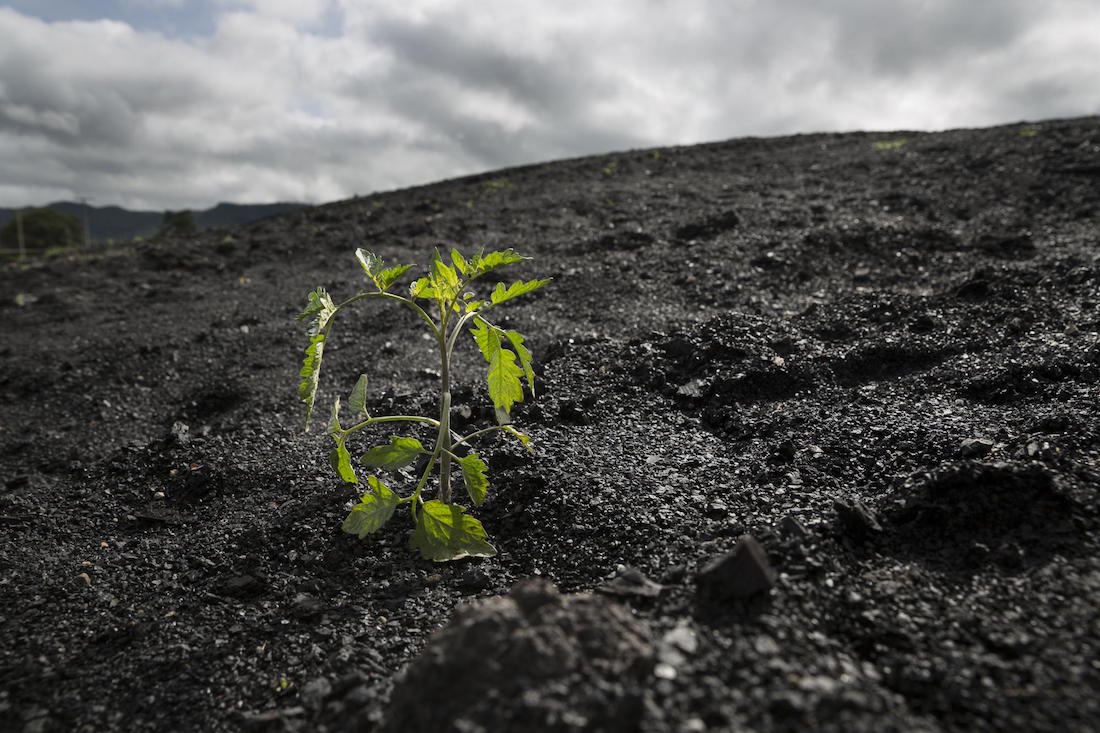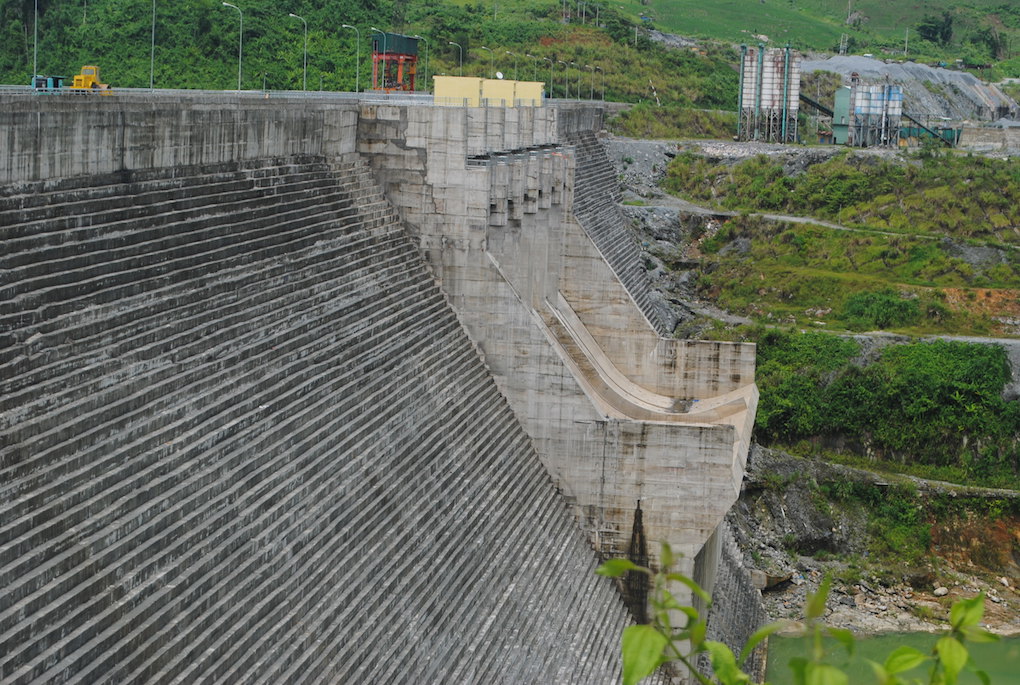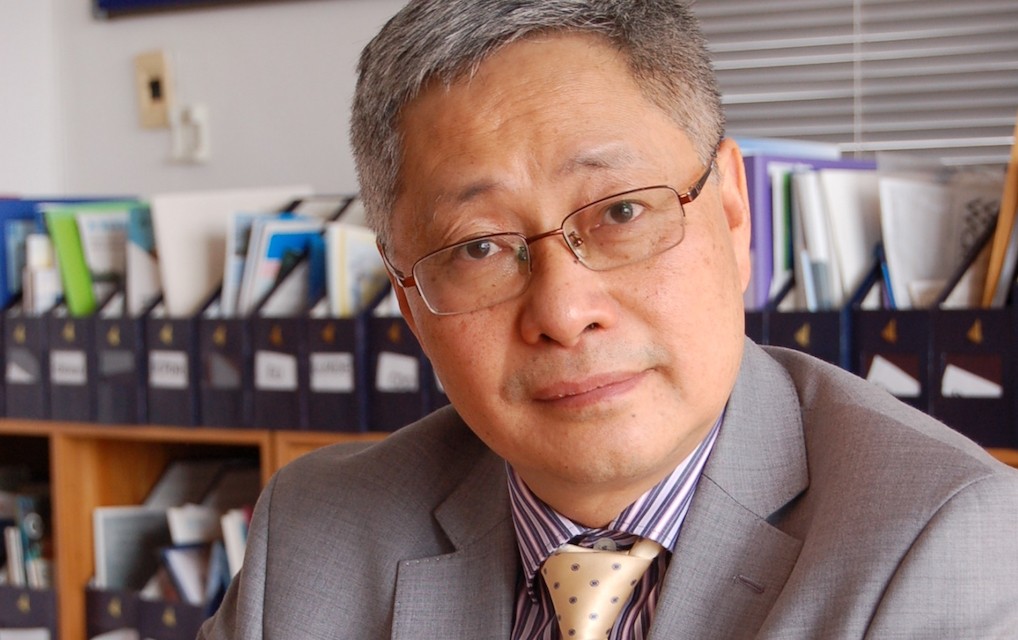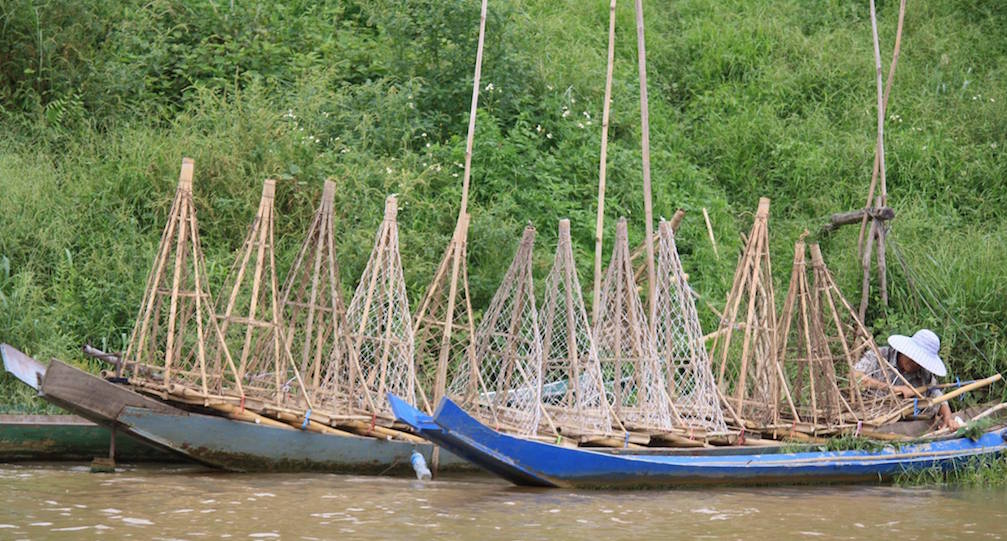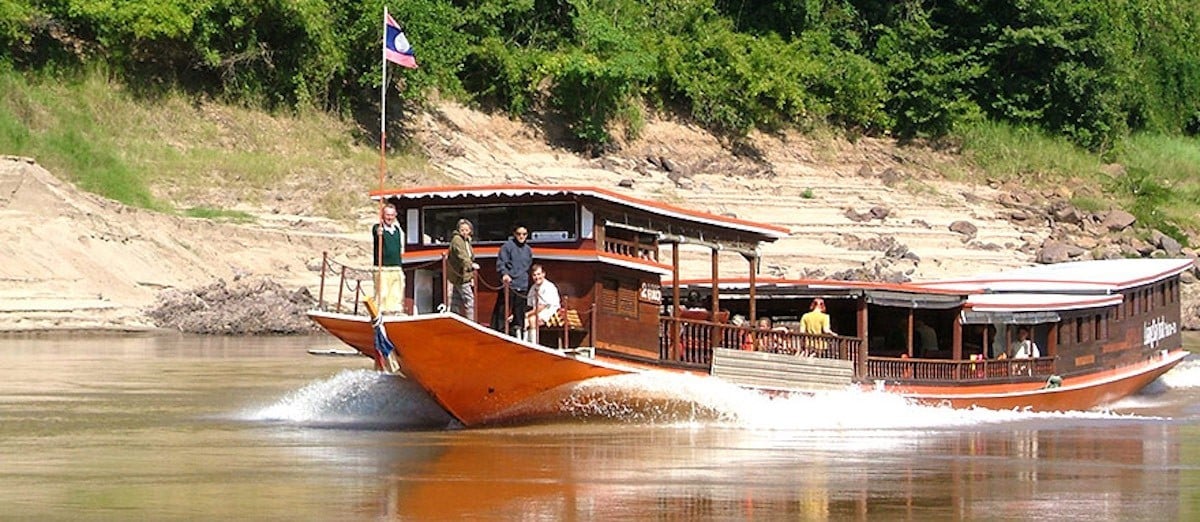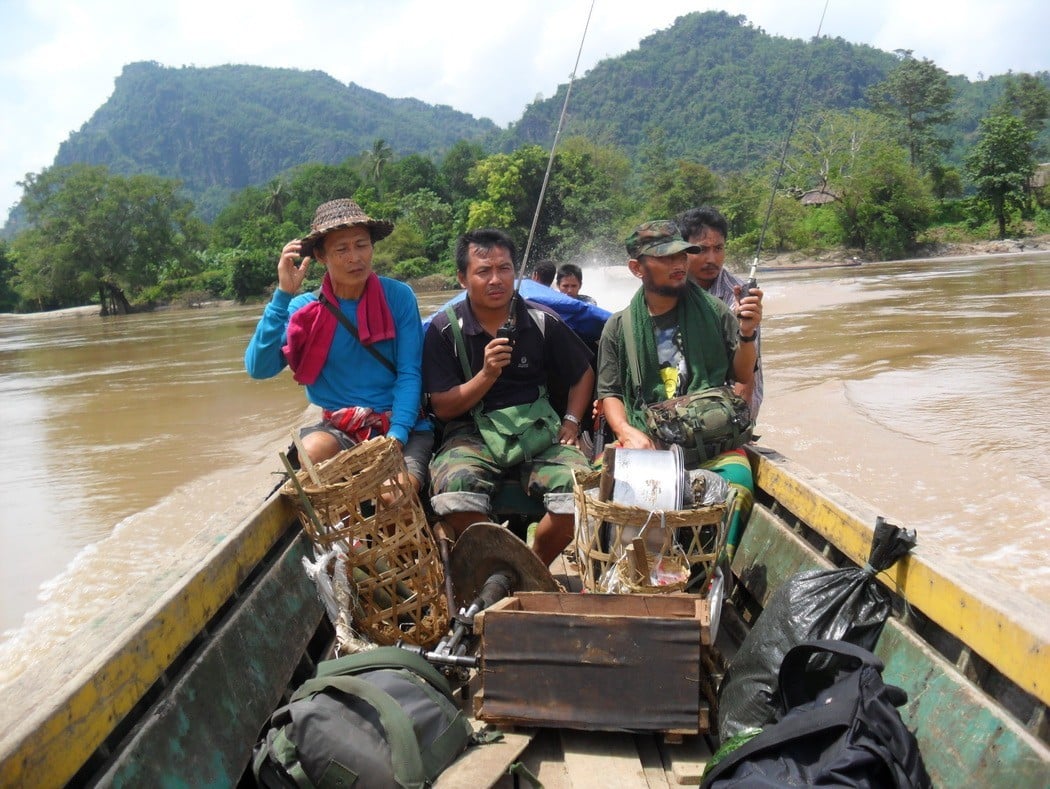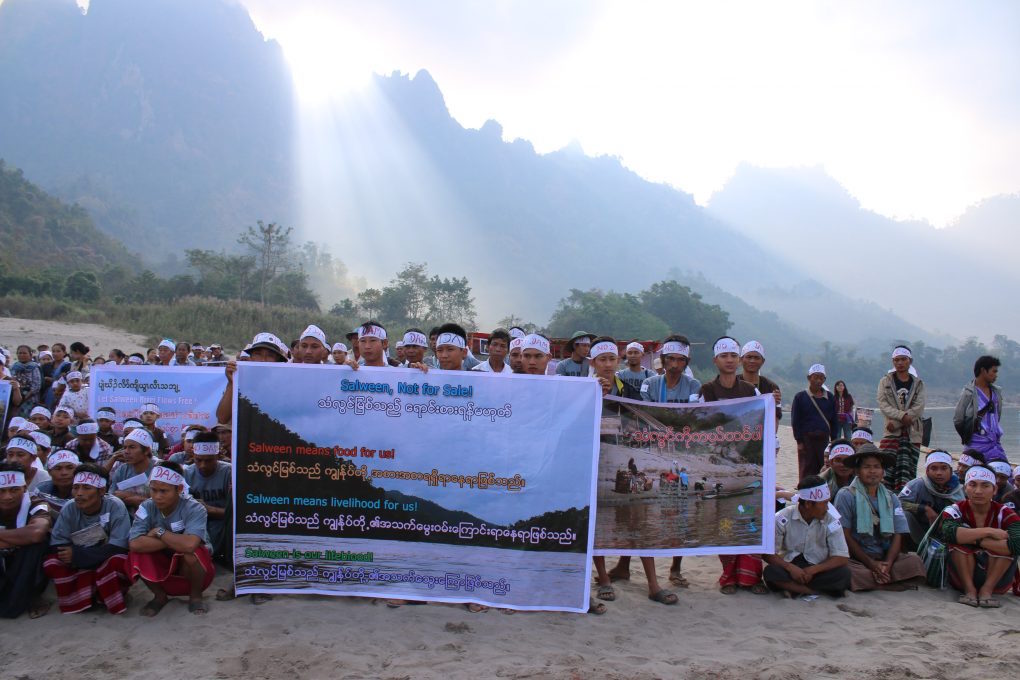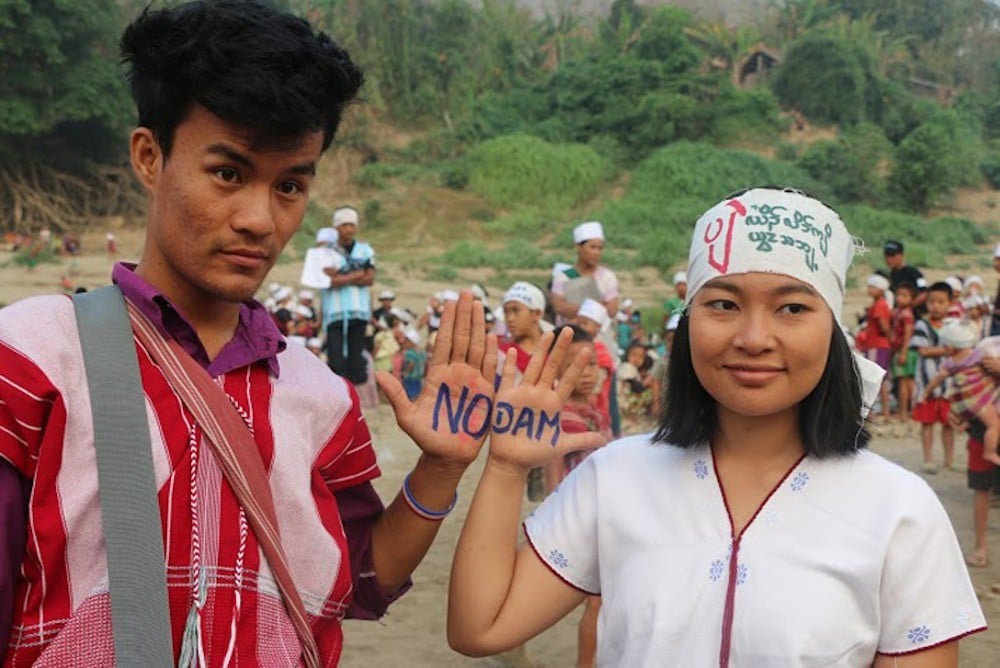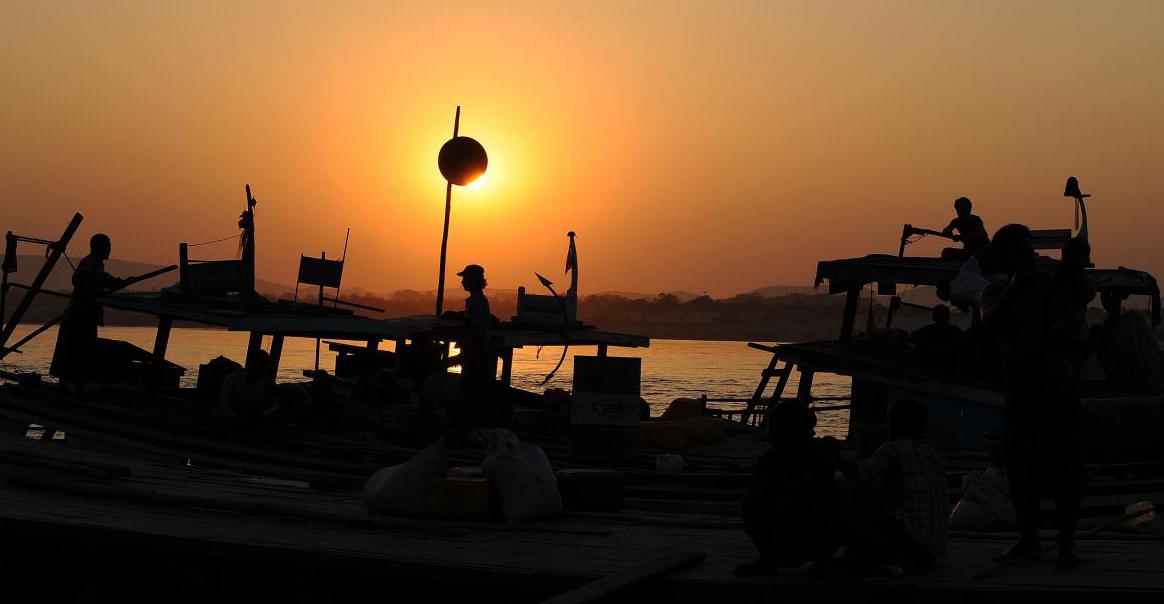If the people say “no” to coal, so do we, say government officials. In an interview with The Myanmar Times this week, a deputy permanent secretary of the Electricity and Energy Department has confirmed that the government has no plans to pursue coal-based energy.
Tag: energy
Vietnam reduces number of hydropower plants in its Power Development Plan 7
Vietnam’s Ministry of Industry and Trade (MOIT) today said it will remove 471 small and cascade hydropower plants from its Power Development Plan 7 (PDP 7) that would have had a combined installed capacity of 2,059 MW. MOIT also rejected another 213 potential projects because of environmental and efficiency concerns, according to locally published reports.
Commission chief insists ‘imperfect’ body has river basin’s interests at heart
AS THE Mekong region faces intensifying challenges from developments needed by its riparian countries including Laos’ latest mega-project, the Pak Beng Dam, the Mekong River Commission (MRC) insists that it is still the best institutional arrangement to ensure sustainable development for the basin.
Pham Tuan Phan, who assumed the post of MRC chief executive this year, stressed that point while delivering his presentation about the organisation, empowered by the 1995 Mekong Agreement, at the Greater Mekong Forum last week, where leading river experts and policy-makers attended to find out the best approach to ensure the river’s sustainable development.
Laos Submits Mekong Dam Proposal
The government of Laos has submitted a request to the Mekong River Commission (MRC) secretariat to construct a dam on the Mekong River in the country’s northern Oudomxay province.
A call for basin-wide energy plans
Preparatory work for the next big dam on the Mekong — Pak Beng — in northern Laos has begun. This news supports the widespread narrative that the current rapid pace of dam construction on the Mekong River will continue until the entire river is turned into a series of reservoirs. Certainly the construction of even a few large dams will severely impact food security in the world’s most productive freshwater fishery and sharply reduce the delivery of nutrient-rich sediment needed to sustain agriculture, especially in Cambodia and Vietnam’s Mekong Delta.
However, our ongoing research and communication with regional policymakers provides compelling evidence that not all of the planned dams will be built due to rising political and financial risks in the region. As a consequence, we have concluded in our most recent report that it is not too late for the adoption of a new approach that would optimise the inescapable “nexus” of tradeoffs among energy generation, food security, and water use and better protect the core ecology of the river system for the benefit of future generations.
Can Myanmar’s hydropower study truly be for the people?
In recent weeks, violent clashes in Kayin State have further disrupted Myanmar’s fragile peace process. Fighting between the Democratic Karen Buddhist Army (DKBA) and the government-sponsored Border Guard Force (BGF) in Mae Tha Waw areas of Hlaingbwe township, and more recently near Kawkareik township, has displaced over a thousand people. Entire families have fled their homes and are left stranded with limited access to food and assistance, producing nothing short of a humanitarian crisis. Across the border in Thailand, nearly 60,000 people remain in refugee camps, having fled ongoing conflict over the past two decades.
Southeast Asia’s last major undammed river in crisis
From the snow-capped mountains of Tibet, the Salween rushes through steep gorges in Yunnan Province and flows through four of Myanmar’s ethnic states before emptying into the Andaman Sea.
With dams on hold upstream, Yunnan’s provincial chief Li Jiheng expressed support in 2016 for a national park to stimulate this region’s tourism in the upper Salween (the Nu River) which already attracts many visitors to the ‘Three Parallel Rivers’ World Heritage site. Although Li Jiheng was recently replaced by Chen Hao, it is hoped that the dams will remain suspended.
Coal Plants Make Up Half of Vietnam Goverment’s Blacklist of Polluting Projects NGOs Point Out Urgent Need for Action
Following growing public alarm triggered by a series of major industrial pollution disasters the Ministry of Industry and Trade last week flagged 28 projects – including more than a dozen coal plants – as warranting “special monitoring” due to the risks they pose to the environment. The coal plants, which involve the state-owned power utility Electricity of Vietnam (EVN) or Vietnam Oil and Gas Group (PVN), have become flashpoints for public alarm due to widespread pollution affecting public health and other industry sectors such as farming, fishing and tourism.
Activist group opposes all dams on Thanlwin River
The Thanlwin River Watch Alliance said it will oppose any dam project on the Thanlwin River at a forum held on Monday in Taunggyi Township, Shan State. The alliance is composed of residents of Shan, Kayah, Kayin and Mon states and monitors projects on the river, which flows through the four states. Ethnic minority representatives and members of civil society organisations attended the forum. The group also launched a nationwide signature campaign that day.
Meteorologist advises smaller alternatives to Myitsone megadam
The former director general of the meteorology and hydrology department has proposed an alternative solution to the problem of the stalled Myitsone hydropower dam. Instead of building one destructive and publically reviled mega dam, why not build four smaller hydropower projects instead, he suggested on Facebook yesterday night.


